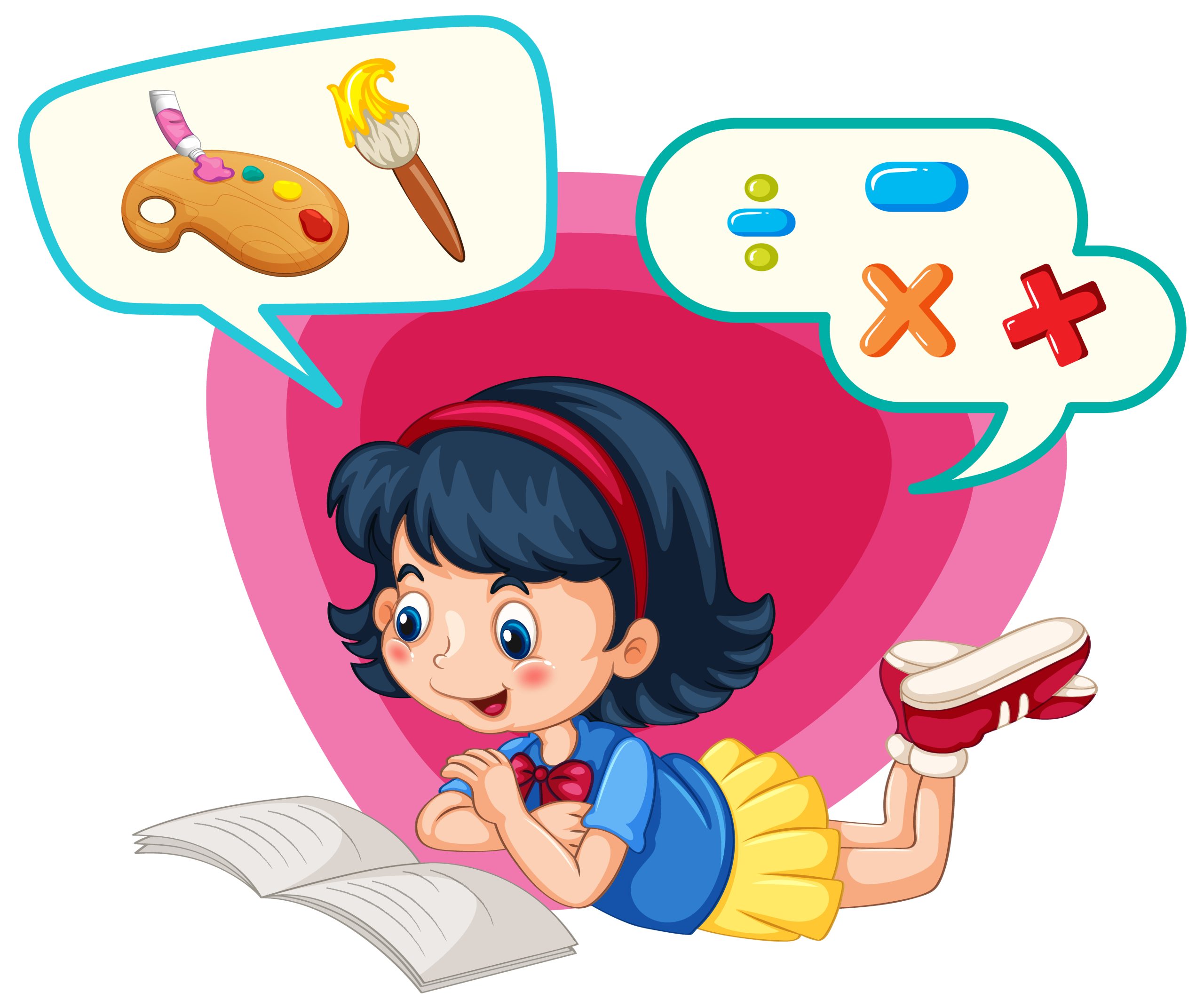Have you ever wondered how solving 3rd-grade math word problems could be both enjoyable and educational? As you venture into this realm of mathematical puzzles, you’ll find yourself immersed in a world where numbers come to life through captivating scenarios. With each word problem presenting a unique challenge, you’ll uncover the thrill of applying mathematical concepts to real-life situations. Whether it’s unraveling the mystery of fruit quantities or deciphering the patterns in a sequence, these math problems will not only test your skills but also spark your curiosity to uncover the underlying mathematical principles.
Addition and Subtraction Word Problems
Let’s dive into some exciting addition and subtraction word problems that will sharpen your math skills in a fun and engaging way! These problems are not just about numbers; they help you develop problem-solving strategies and critical thinking skills through real-life scenarios. By tackling these mathematical concepts in engaging activities, you will find yourself mastering addition and subtraction effortlessly.
In these word problems, you’ll be faced with situations where you need to add or subtract to find the solution. Whether it’s calculating the total number of items purchased, the number of people at an event before some leave, or even figuring out how many more minutes someone needs to bike to school, each problem will challenge you to think logically and apply your math knowledge.
Multiplication and Division Word Problems
Engage in interactive multiplication and division word problems to enhance your mathematical skills and deepen your understanding of real-world applications. These challenges are designed to sharpen your problem-solving strategies while applying critical thinking skills to solve mathematical operations in practical scenarios. By tackling word problems that involve multiplication and division, you will not only strengthen your arithmetic abilities but also grasp the relevance of these operations in everyday life situations.
Real-world applications play a crucial role in these multiplication and division word problems, pushing you to think beyond numbers and equations. You’ll encounter scenarios that require you to interpret and solve problems using mathematical operations in contexts that mirror actual experiences. These exercises aim to test your understanding of mathematical concepts through word problem challenges that are engaging and thought-provoking. Embrace these opportunities to hone your skills and develop a solid foundation in multiplication and division.
Comparison Word Problems
To strengthen your math skills and challenge your problem-solving abilities, we now shift our focus to Comparison Word Problems, where you’ll analyze and compare quantities in engaging mathematical scenarios. Comparison word problems involve grouping objects, sharing toys, comparing quantities, calculating distances, and exploring patterns. These problems provide a fun way to apply mathematical concepts and enhance your critical thinking skills.
Let’s dive into a table that showcases different comparison word problems to help you grasp the concept better:
| Problem | Description |
|---|---|
| Which two students have a 15-point difference in scores? | Identifying the students with a specific point difference |
| Christy has 4 cards, and Jan has 4 times as many. | Calculating the total number of cards both Christy and Jan have together |
| Emerson collects basketballs. How many in total? | Determining the total number of basketballs based on a given grouping rule |
Comparison word problems challenge you to think critically, compare quantities, and find solutions in various scenarios. Enjoy the process of exploring these mathematical challenges!
Patterns and Sequences Word Problems
Delve into the world of patterns and sequences with these intriguing word problems that will challenge your problem-solving skills and logical thinking abilities. Sequencing challenges await you in these math exercises, where you’ll need to identify patterns, recognize sequences, complete patterns, and practice your sequencing skills.
In these word problems, you will encounter various scenarios that require you to analyze and identify patterns and sequences. From completing expressions in a series of apples bought for a class to determining the number of drawings Keyanna can make on multiple pages, each problem will test your ability to spot and continue patterns accurately.
Given and Unknown Quantities Word Problems
Explore the world of mathematics by unraveling the mysteries of quantities with our Given and Unknown Quantities Word Problems. This subtopic challenges you to apply problem-solving strategies, critical thinking skills, mathematical reasoning, logical problem solving, and analytical thinking techniques. Here’s a breakdown to help you tackle these problems effectively:
- Analyze the Problem: Understand the information provided and identify the given and unknown quantities.
- Create Equations: Formulate equations based on the information given to solve for the unknown quantities.
- Solve Systematically: Approach the problem step by step, keeping track of the quantities as you progress.
- Verify Solutions: Double-check your answers to ensure they align with the initial problem statement.
Fruit and Food Problems
Unravel the tasty challenges of ‘Fruit and Food Problems’ as you explore mathematical scenarios involving cherries, candy, pizza slices, and cupcake consumption. Let’s delve into some fun and interactive word problems that will surely whet your appetite for math!
| Fruit Calculations | Food Sharing |
|---|---|
| Cherry Consumption | Cupcake Division |
| Candy Distribution | Pizza Fractions |
| Marble Counting | Ornament Colors |
| Planting Tulips | Seashell Collection |
Imagine calculating the number of cherries consumed, sharing cupcakes equally, distributing candies among friends, understanding pizza fractions, counting marbles, and exploring the colors of ornaments. These scenarios not only make math exciting but also encourage problem-solving skills and critical thinking. So, are you ready to embark on this delicious mathematical journey of ‘Fruit and Food Problems’? Let’s sharpen those math skills one tasty problem at a time!
Marble and Toy Problems
Let’s dive into the fascinating world of Marble and Toy Problems, where you’ll tackle intriguing challenges involving marbles, toys, and more! When working on these problems, you’ll explore various scenarios related to toy collections, marble colors, doll counting, ornament displays, and even nature exploration. Here’s a breakdown of what you can expect:
- Toy Collection: You might encounter questions about collecting toys and organizing them based on different criteria.
- Marble Colors: Explore problems that involve sorting marbles of different colors or patterns.
- Doll Counting: Practice counting dolls or toys in a collection and solving related mathematical tasks.
- Ornament Display: Engage in challenges that revolve around arranging ornaments or toys in specific ways.
These problems will not only test your math skills but also spark your creativity and logical thinking as you navigate through the exciting world of Marble and Toy Problems.
Planting and Nature Problems
Discover the enchanting world of Planting and Nature Problems, where you will engage with mathematical challenges inspired by the beauty and intricacies of the natural world. In this exciting realm, you will explore flowering patterns, animal habitats, weather observation, tree growth, and insect populations.
Imagine tracking the growth of a tree over the seasons, calculating how many new leaves sprout each month. Delve into the world of insect populations, where you determine the number of ladybugs in a garden based on specific conditions.
Observe the weather patterns in a nature reserve, analyzing data to predict rainfall or sunny days. Explore the delicate balance of animal habitats, figuring out how many squirrels can coexist with a certain number of birds in a forest.
As you immerse yourself in Planting and Nature Problems, you will not only sharpen your math skills but also develop a deeper appreciation for the wonders of the natural world.



